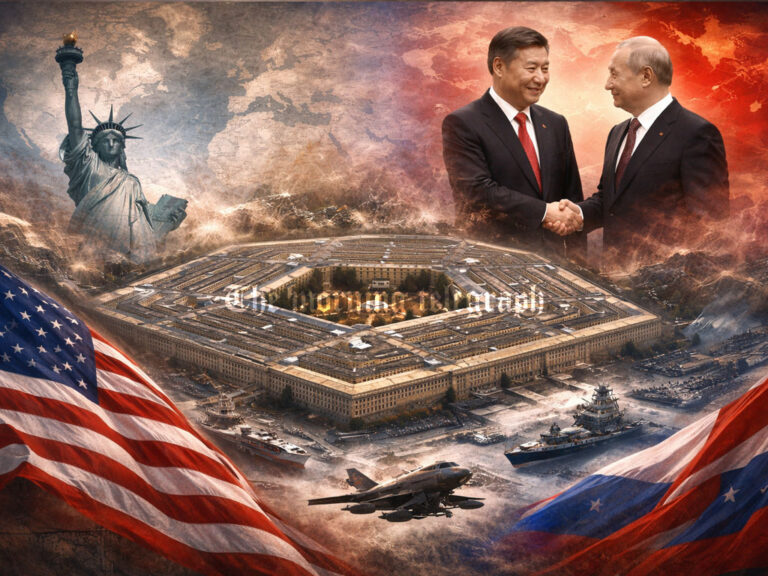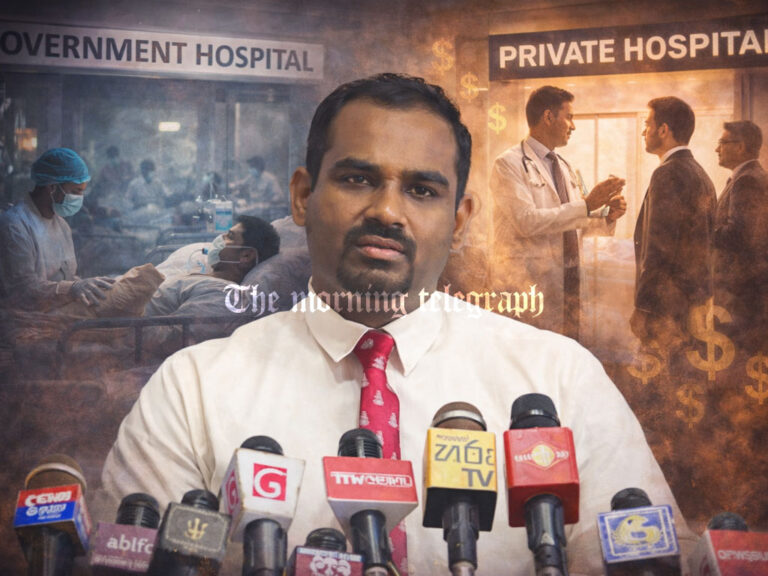
Colombo, Sri Lanka – Deputy Minister of Agriculture Namal Karunaratne has accused previous governments of causing the country to lose over 15 billion rupees through fraudulent activities in rice imports. Speaking in Parliament, he criticized former administrations for prioritizing personal gain over addressing systemic issues in the rice supply chain.
“Previous governments have lost more than 15 billion rupees to the country through rice import fraud. That is how experienced people acted,” Karunaratne said, pointing to officials who, he claims, allowed corruption to flourish. He further highlighted their failure to resolve what he described as a “minor problem” like rice supply management, accusing them of exploiting the situation for personal financial gain.
“These governments were unable to solve even this minor problem. But they succeeded in taking commissions and bribes from rice,” he added.
In contrast, Karunaratne assured Parliament that the current administration will take decisive action to eliminate corruption in the rice import process, emphasizing that his government has no interest in following the corrupt practices of the past. “We do not have that ability. We will not have that experience,” he said, referring to the practice of taking bribes and commissions.
The Deputy Minister pledged to implement a comprehensive program aimed at safeguarding both farmers and consumers, ensuring fair prices and reducing the country’s dependence on imports. “We will solve this problem completely. We will definitely go for a program that protects the farmer and the consumer,” he assured, signaling the government’s commitment to agricultural reform and market stability.
Rice is a staple food in Sri Lanka, and disruptions in its supply chain have significant economic and social implications. The revelation of large-scale fraud in rice imports underscores the need for tighter regulation and greater transparency in agricultural trade. The government’s next steps will be critical in restoring public trust and ensuring food security for the nation.




